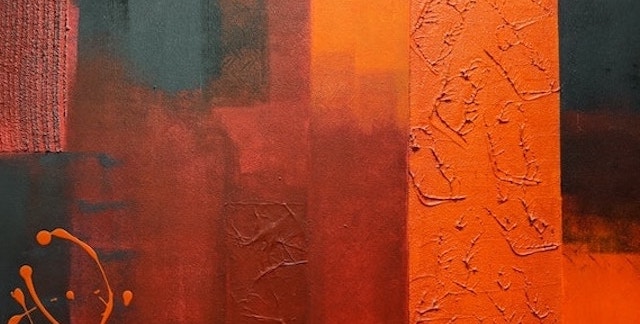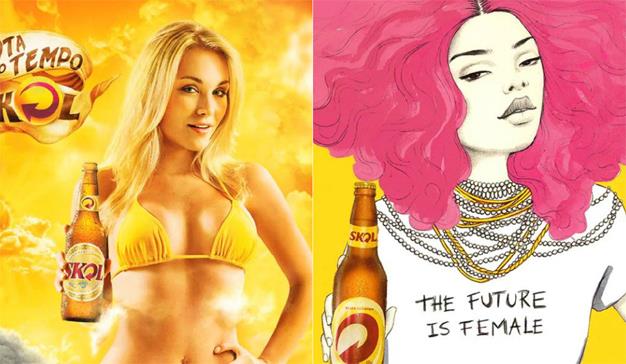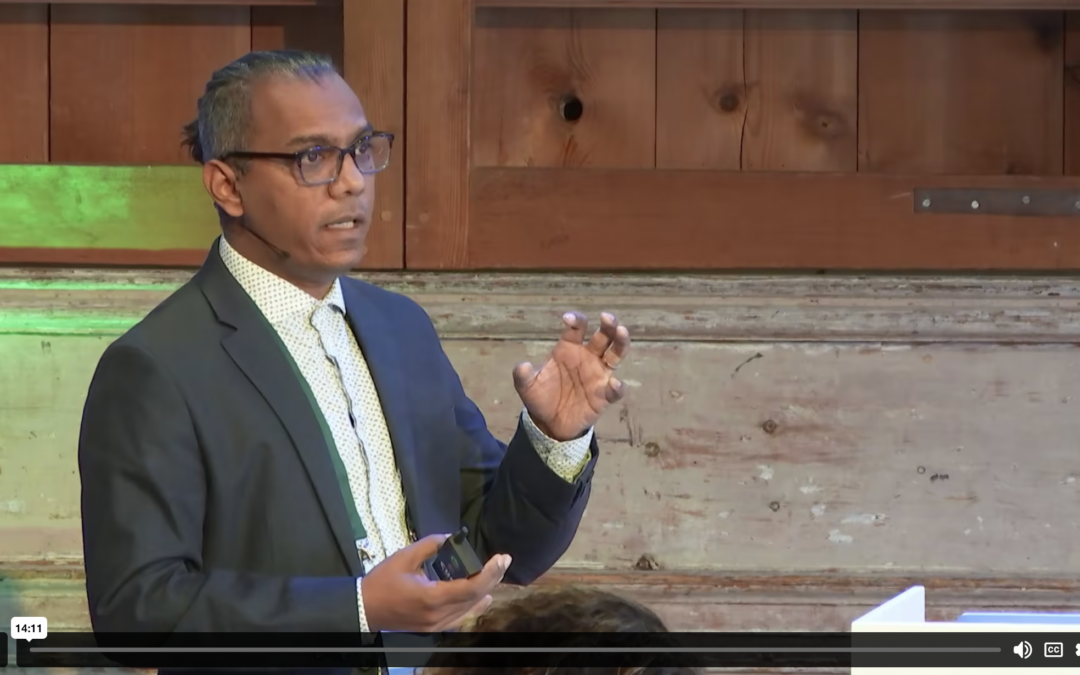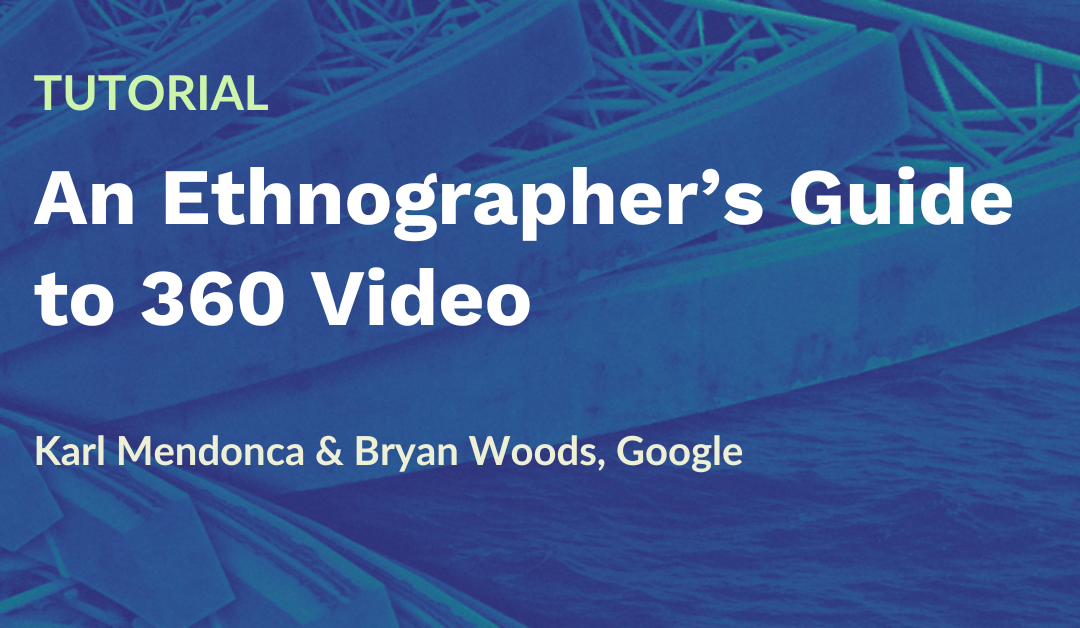This case study by a pan-African UX research and design agency offers key insights for companies attempting to...


This case study by a pan-African UX research and design agency offers key insights for companies attempting to...

Equality, inclusion, and representation are increasingly acknowledged as core tenets of prosperous countries, cities, and organizations. We know that equality is essential, and we also know equality must be enacted on all fronts. Brands and other social organizations are increasingly recognizing...

This paper argues that first-person data—video, audio, and other data that is recorded from the research...

The ethos and methods of participatory research have been widely embraced as a powerful approach to address systemic inequity in the design of technology. While there have been many gains and developments that...

This presentation delves into the speculated impact of AI-generated images on ethnographic practice. Navigating...

Ethnographic and other related practices in industry focus – for a variety of historical reasons – primarily on studying the experiences of individuals/institutions as consumers/users. We suggest that this framing limits our work to descriptive forms of knowledge, and renders invisible larger...

A senior leadership team gathers in the executive boardroom. The doors are closed; the glass is opaque. Sparkling water is served. Projected on the conference screen is not a financial statement, or an operating report, but instead, an intricate diagram resembling a map or relational lineage. The...

Gain a critical and technical understanding of the benefits, affordances and production workflows of 360 video as an ethnographic and research medium Overview A goal of ethnographic fieldwork is to be able to...

Focusing on the client-consultant relationship, well honed, but perhaps overly so, this paper aims to shed light on the conditions that at once streamline and challenge our collaborations. To do so, we borrow a page from the visual arts; namely an experimental method of representation called...

This is a cautionary tale featuring a well-structured memo and an effective, carefully designed infographic. Both of these artifacts could be considered excellent examples of their respective crafts—the first of technical communication, and the second of graphical information design. Both are also...